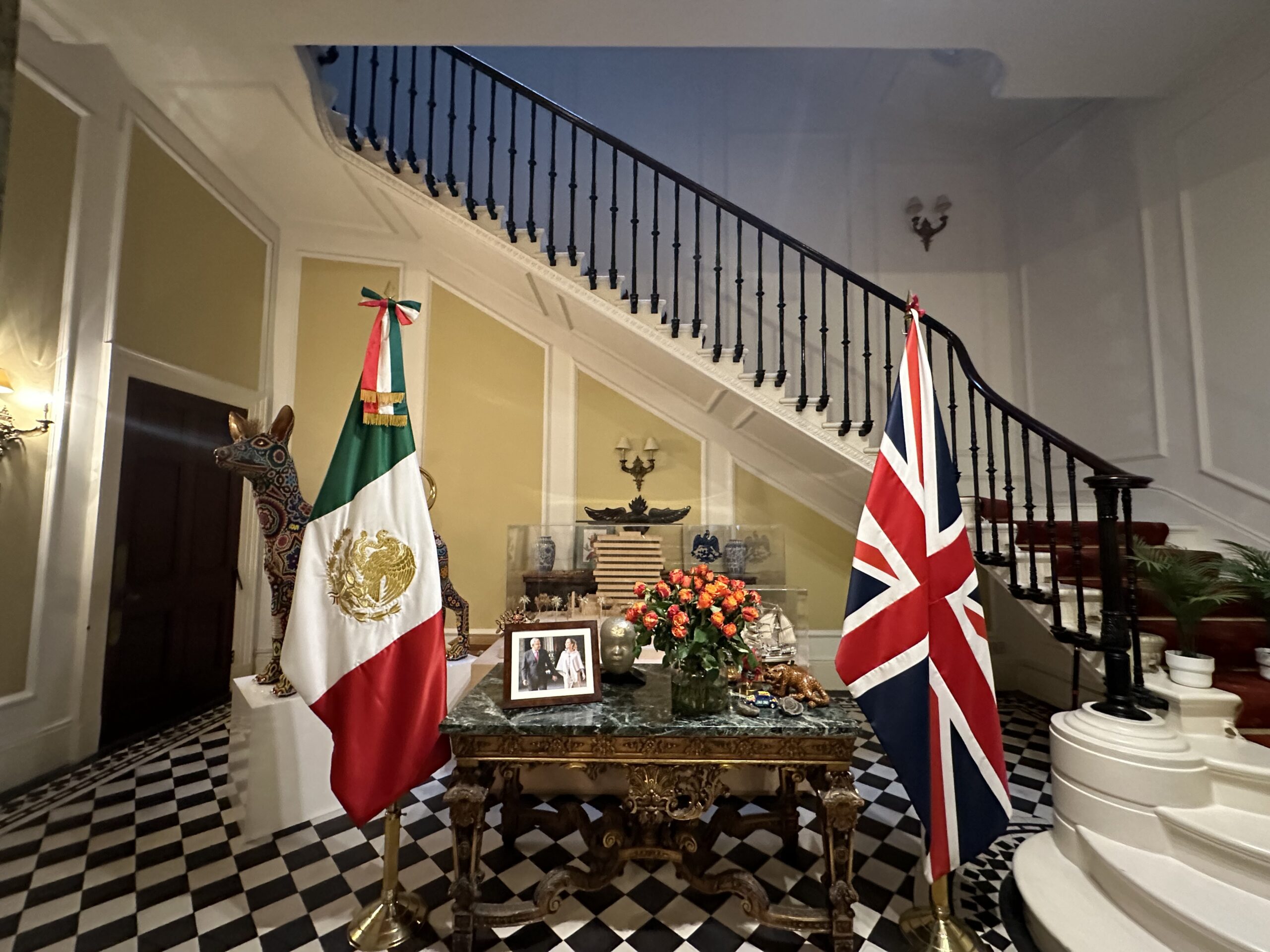By Ana Garcia Sancho Sanchez
Mexicans abroad have had a mixed reaction to news that Raul Torres has been elected to represent them as the migrant congressman for Mexico City.
Torres was elected in what were the largest elections in Mexico’s history, with polls at national, state and local levels, and which saw Claudia Sheinbaum win the race to become the country’s first female president.
The role of migrant congressman was created by the Mexico City Congress in 2021. An advisor to the city’s Electoral Institute said at the time that “the person would be a connection of the capital-dwellers away from their home.”
Mexican voters this year however were still surprised to learn there was such a representative. “I didn’t know there was such a thing as a migrant congressman. I was a bit disappointed as I didn’t have time to research them. I would like to know their proposals, but I find it amazing that there is someone to speak for those of us that are away,” said Mariana, a student.

There are 12.27 million Mexicans living abroad, the majority of them in the US. However, according to the National Electoral Institute only 100,156 Mexicans overseas have registered to vote. Still fewer are eligible to vote for the migrant congressman, as Mexico City is the only area in Mexico to have one — 24,036 former residents of the city were qualified to vote for the position.
“I am especially concerned that only Mexico City is represented. It feels exclusionary,” said Sofia, a Mexican studying engineering in the UK.
This is Torres’s second term. He represents an opposition coalition to the current government, and his campaign literature stated that he had enacted positive changes for Mexicans living overseas over the past three years. For example he established a procedure for processing and sending drivers’ licences for overseas residents of the capital.
One former Mexico City resident and former campaigner for the Mexican Institutional Revolutionary Party, said he knew about the role and was familiar with the candidates before casting his vote. “I was disappointed in the Zoom meetings that the candidates organised for the Mexicans in London,” said Manuel. “There was no proposal focused on us. They only cared about Mexicans in the United States. They don’t realise that at least half of us are not in the USA.”
Just 68,898 Mexican citizens in the US were registered to vote, meaning 30 per cent of overseas voters lived elsewhere.
Feature Image: Mexican Residence Lobby in London. Photo credit: Ana Garcia Sancho Sanchez.

